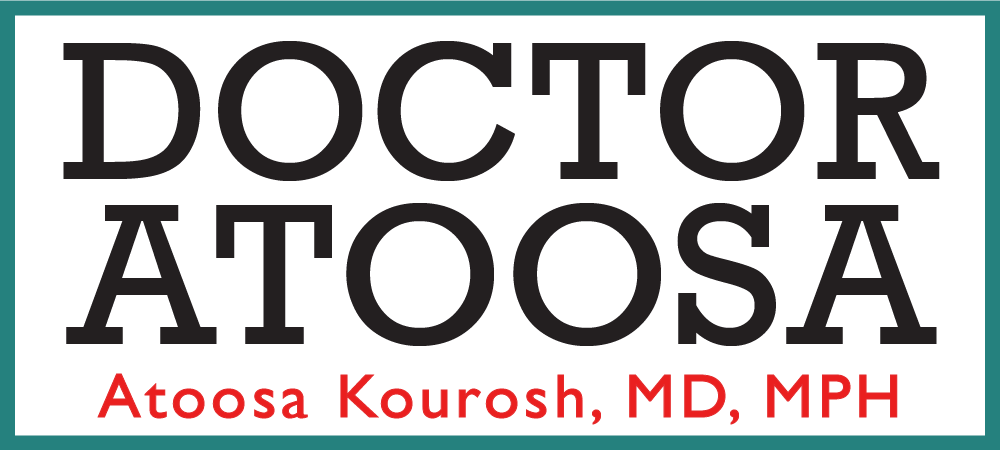A New Way of Looking at Health: Integrative Medicine
Healthcare has come a long way, but for many people, the traditional “doctor prescribes, patient follows” model often fails to provide lasting relief or support. That’s where integrative medicine comes in. It’s not about choosing between conventional and alternative care; it’s about combining the best of both, tailoring care to the whole person rather than just treating symptoms.
What Is Integrative Medicine?
At its core, integrative medicine is patient-centered care that blends conventional treatments with evidence-based complementary therapies. The goal is to support the whole person—mind, body, and spirit—while also addressing the root causes of illness.
For example:
A patient with chronic pain might receive both traditional medication and other therapies like hypnotherapy or acupuncture.
Someone with anxiety might benefit from counseling alongside mindfulness practices or yoga.
A child with allergies might receive conventional treatments combined with supplements, nutritional guidance, and environmental adjustments.
Integrative medicine isn’t “alternative” or “anti-science.” It’s about using the most effective tools available, backed by research, to help patients thrive.
The Core Principles
Whole-Person Care – Treating not just the physical body, but also emotional, social, and spiritual health.
Partnership Between Patient and Provider – Patients are active participants in their care.
Evidence-Informed – Complementary therapies are selected based on scientific research and clinical outcomes.
Prevention and Lifestyle Focus – Nutrition, movement, stress management, and sleep are as important as prescriptions.
Personalized Medicine – Care plans are designed to fit each individual’s needs and values.
Why Integrative Medicine Matters
Addresses Root Causes – Instead of only treating symptoms, integrative medicine looks at underlying contributors such as inflammation, stress, or lifestyle habits.
Improves Quality of Life – By combining approaches, patients often experience better symptom management and overall well-being.
Reduces Reliance on Medications Alone – While medications remain critical, integrative care often allows for lower doses or fewer side effects.
Empowers Patients – People feel more in control of their health journey, which boosts adherence and outcomes.
Supports Prevention – By prioritizing lifestyle changes and whole-body wellness, integrative medicine helps prevent future illness.
Examples of Integrative Therapies
Nutrition counseling
Mind-body practices such as meditation, yoga, or tai chi
Acupuncture
Massage therapy
Herbal or nutritional supplements (used carefully, with professional oversight)
Stress-reduction techniques such as breathing exercises and biofeedback
How to Explore Integrative Medicine for Yourself
Start with Your Current Healthcare Team – Share your interest in integrative options with your primary doctor or specialist.
Seek a Qualified Integrative Medicine Provider – Look for board-certified physicians trained in integrative medicine.
Ask About Evidence – A good integrative provider will explain which therapies are supported by research.
Focus on Small Steps – Even adding mindfulness or simple nutrition changes can make a difference.
My Approach to Care
I believe that true healing comes from seeing the whole person within their environment, not just the symptoms which can provide a clue but not the entire picture. That’s why my practice combines mainstream state-of-the-art testing and therapies with holistic approaches for a unique blend of integrative medicine. I draw on my experience in hospital and outpatient medicine and public health to develop treatment approaches that blend evidence-based medical interventions with functional and complementary methodologies
From the holistic side, I focus on the connection between mind, body, and spirit. I take the time to listen to your story, understand your lifestyle, and consider the emotional and environmental factors that shape your health.
From the integrative side, I use the best of modern medicine alongside proven complementary therapies—such as nutrition guidance, high quality supplements, mindfulness practices, and other natural approaches—always supported by research and with every consideration for safety.
As Chair of the American College of Allergy, Asthma, and Immunology Committee on Integrative Medicine, I’ve dedicated my career to combining cutting-edge mainstream treatments with the best holistic and functional practices.
My goal is always the same: to treat the whole person, not just symptoms, by also addressing the underlying lifestyle and environmental factors that impact health.
This uniquely comprehensive perspective allows me to create personalized care plans that are both scientifically rigorous and deeply human, supporting optimal health by addressing root causes—not just managing symptoms in isolation.
Integrative medicine isn’t about rejecting conventional care—it’s about expanding your toolkit for health and healing. By combining the science of modern medicine with proven complementary approaches, patients can achieve better balance, resilience, and vitality.
